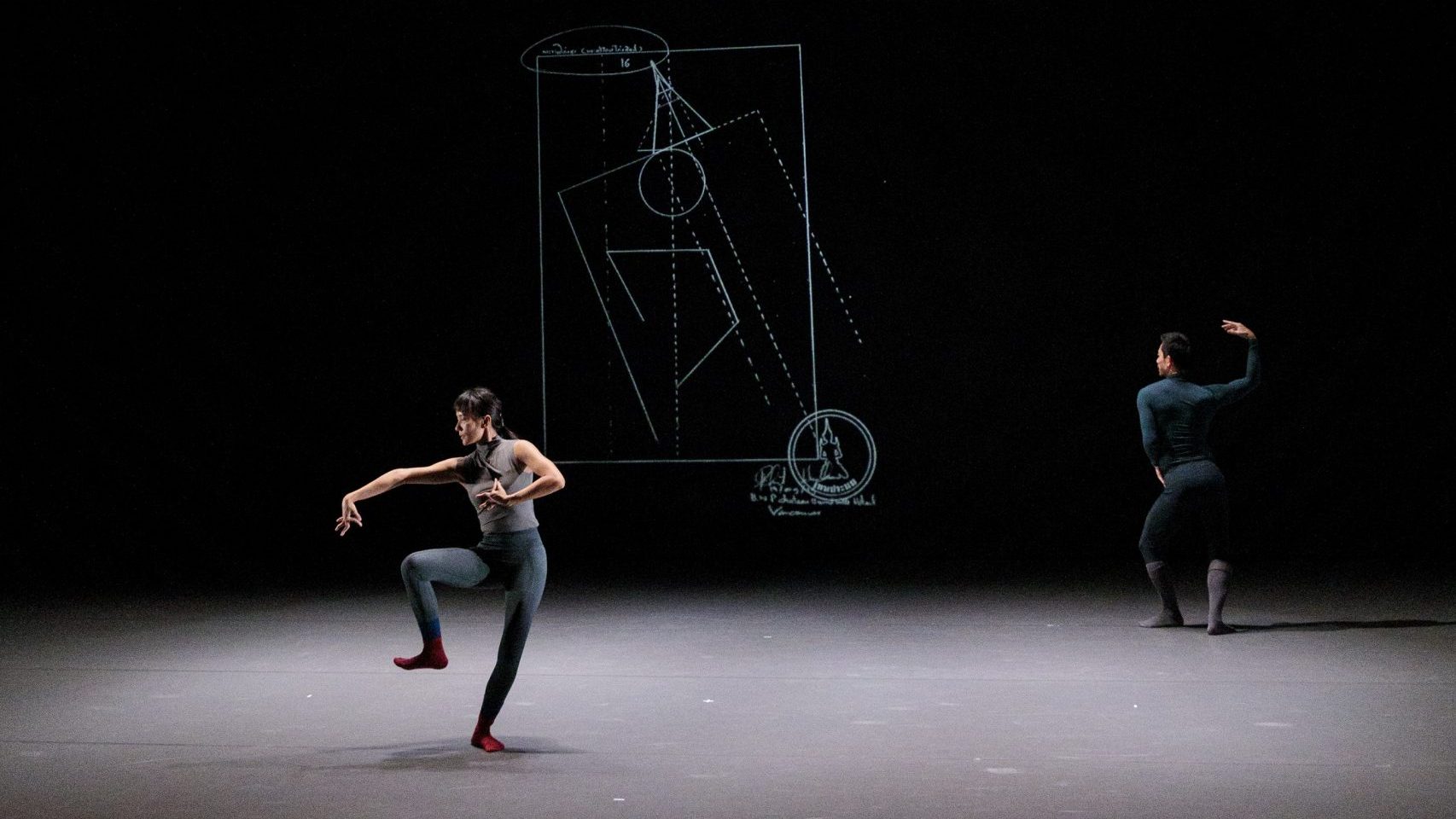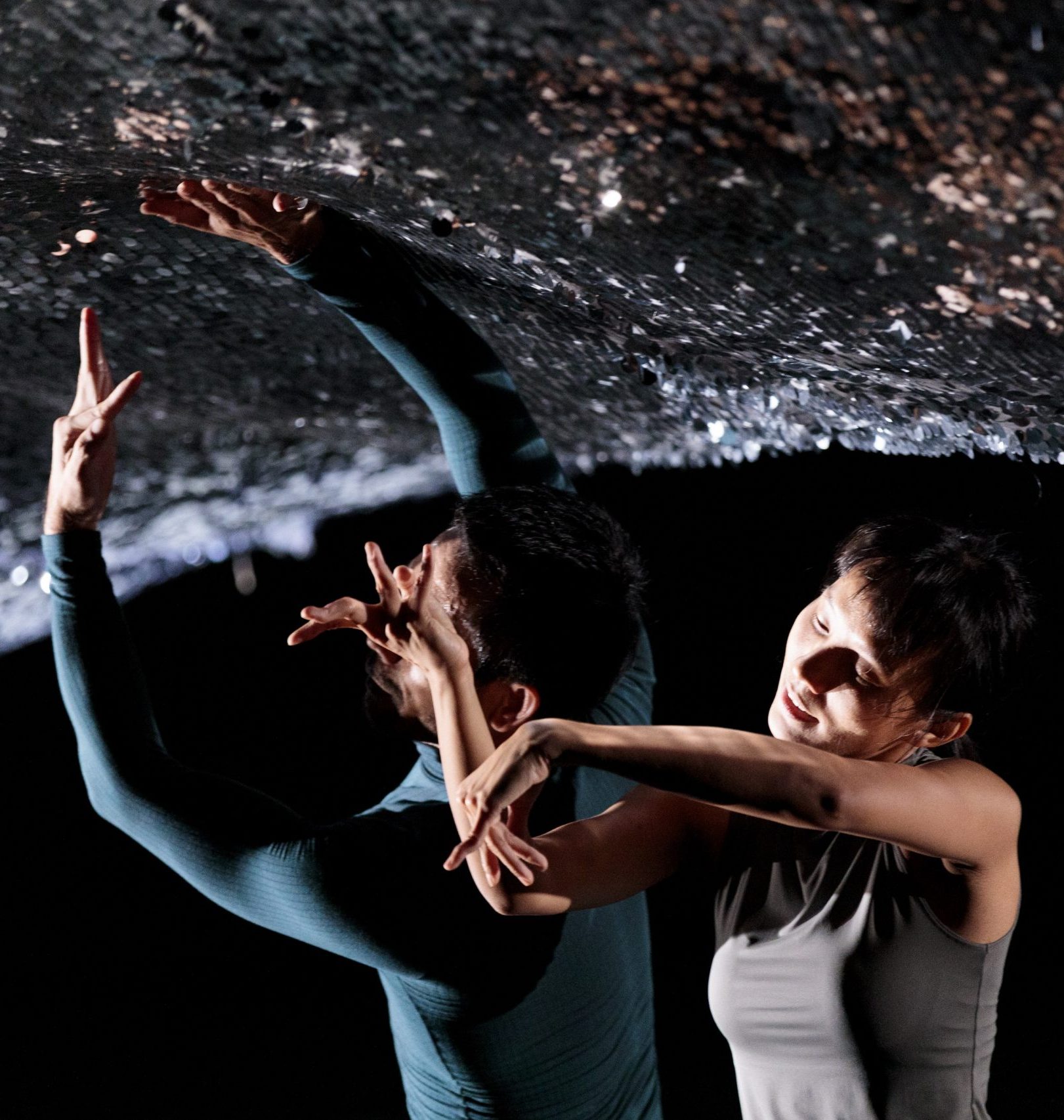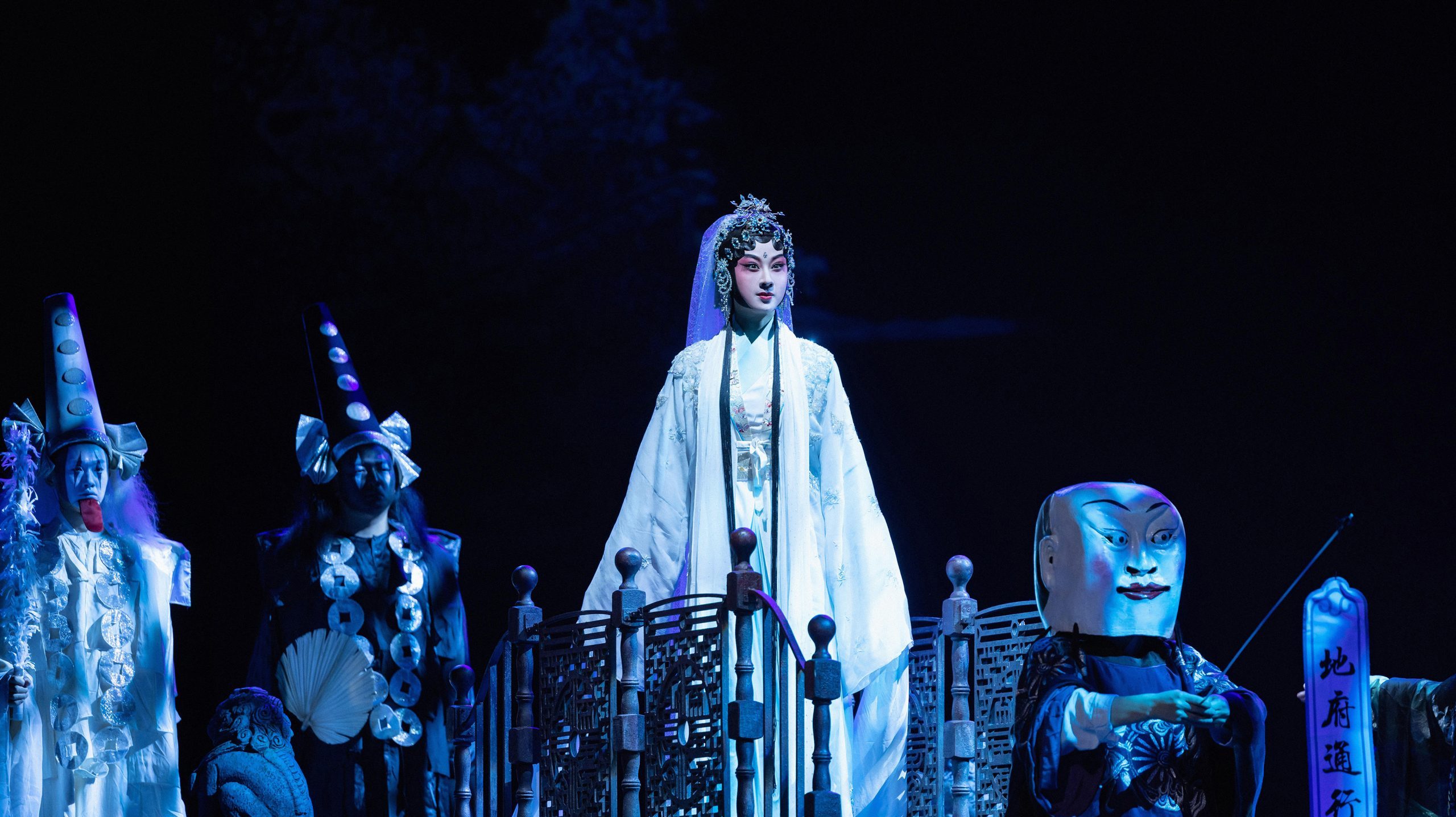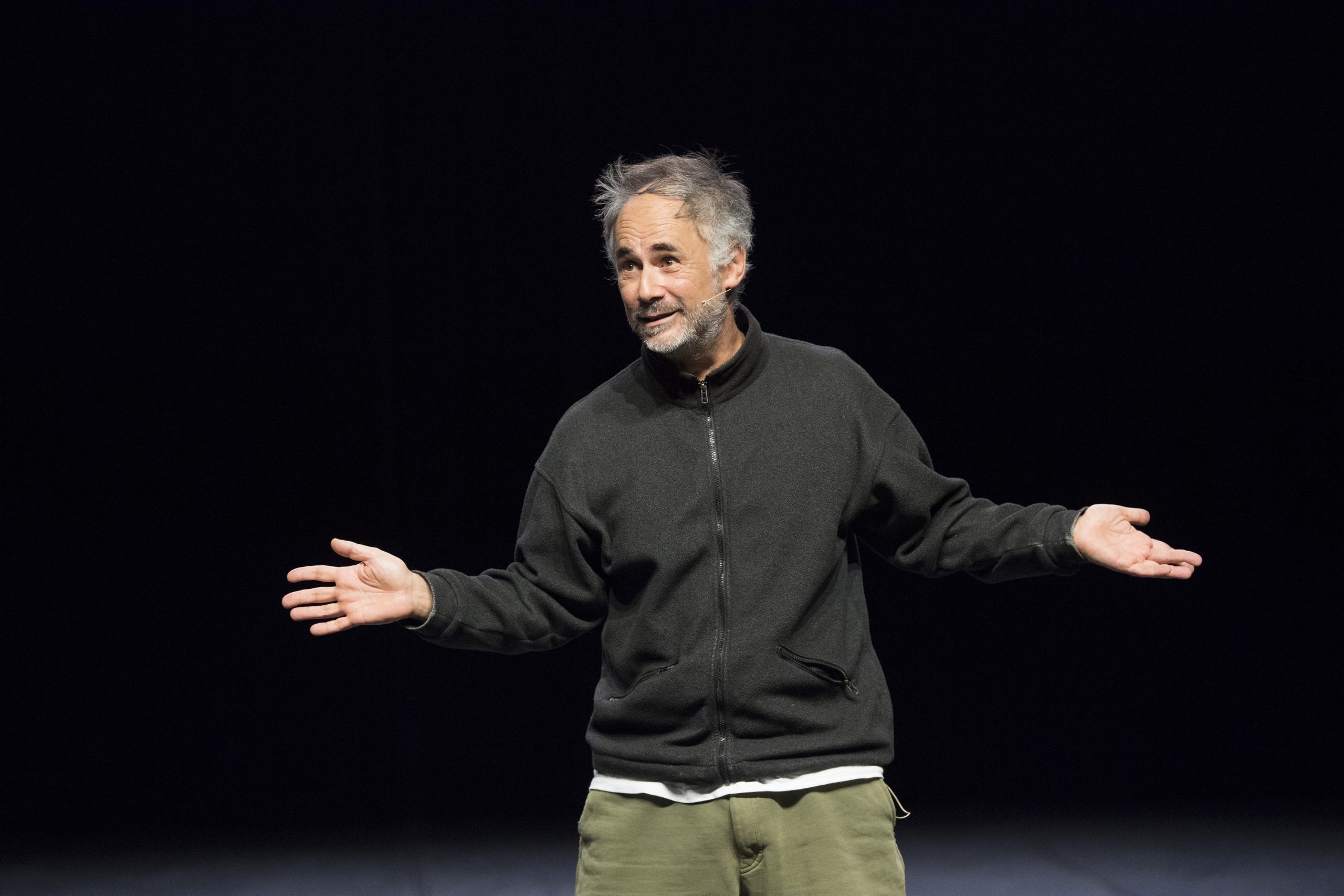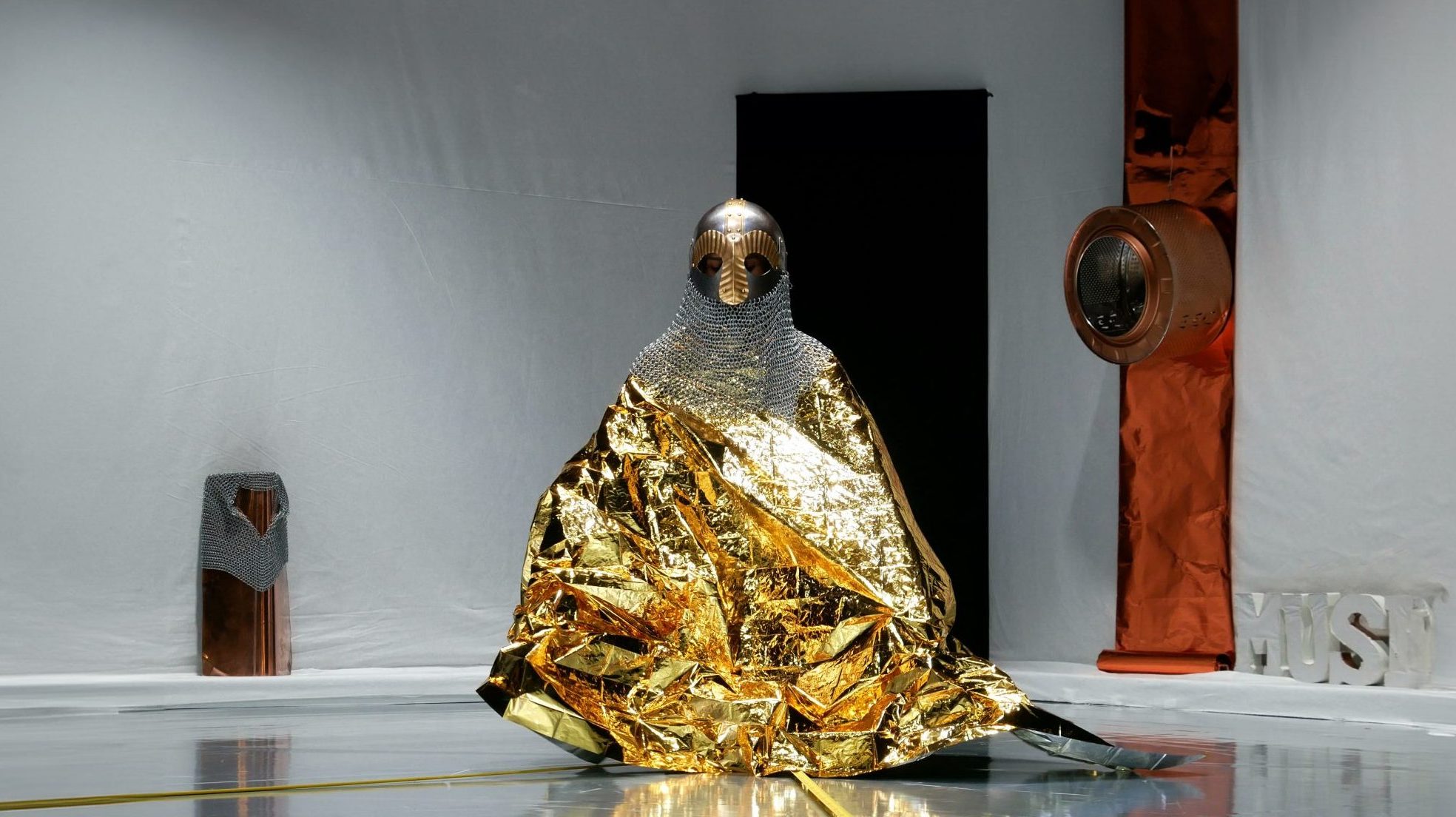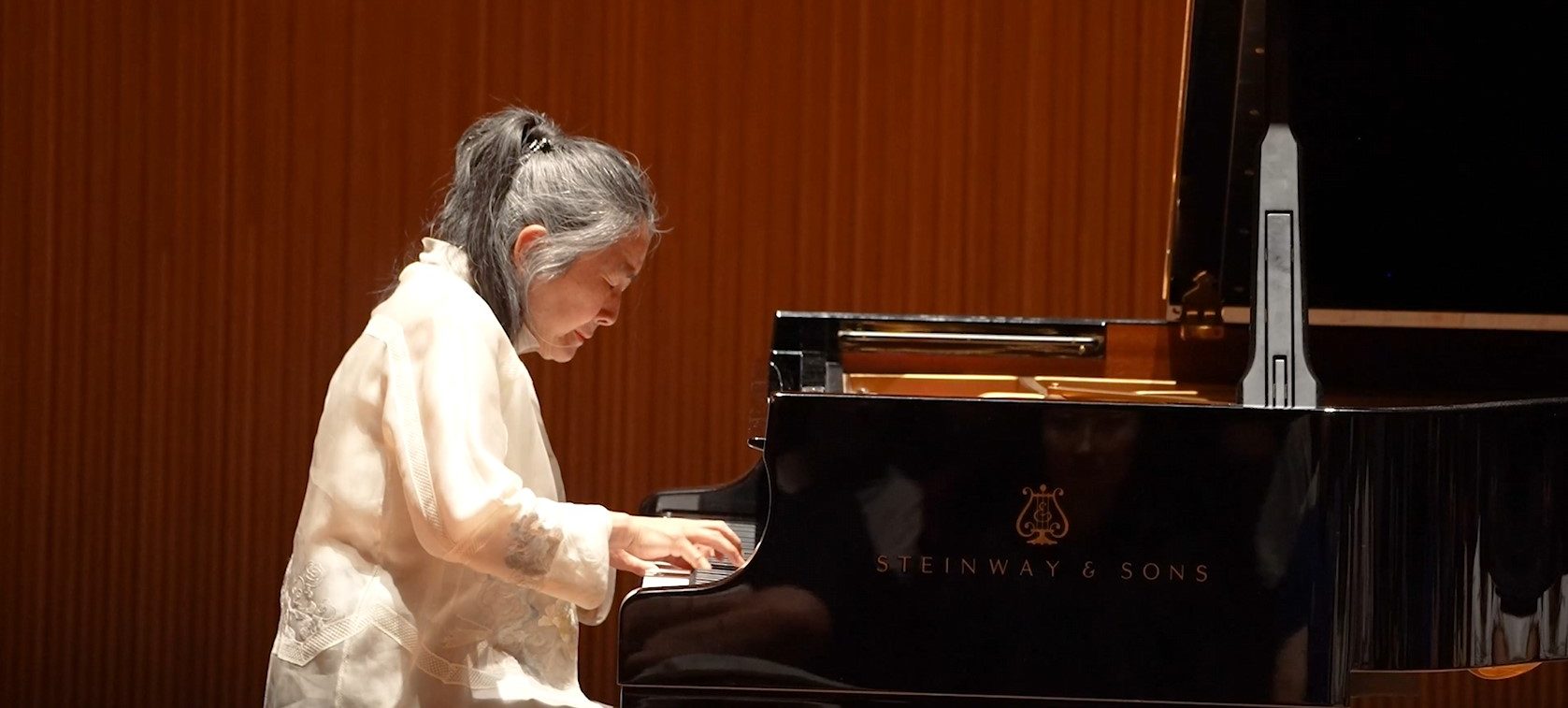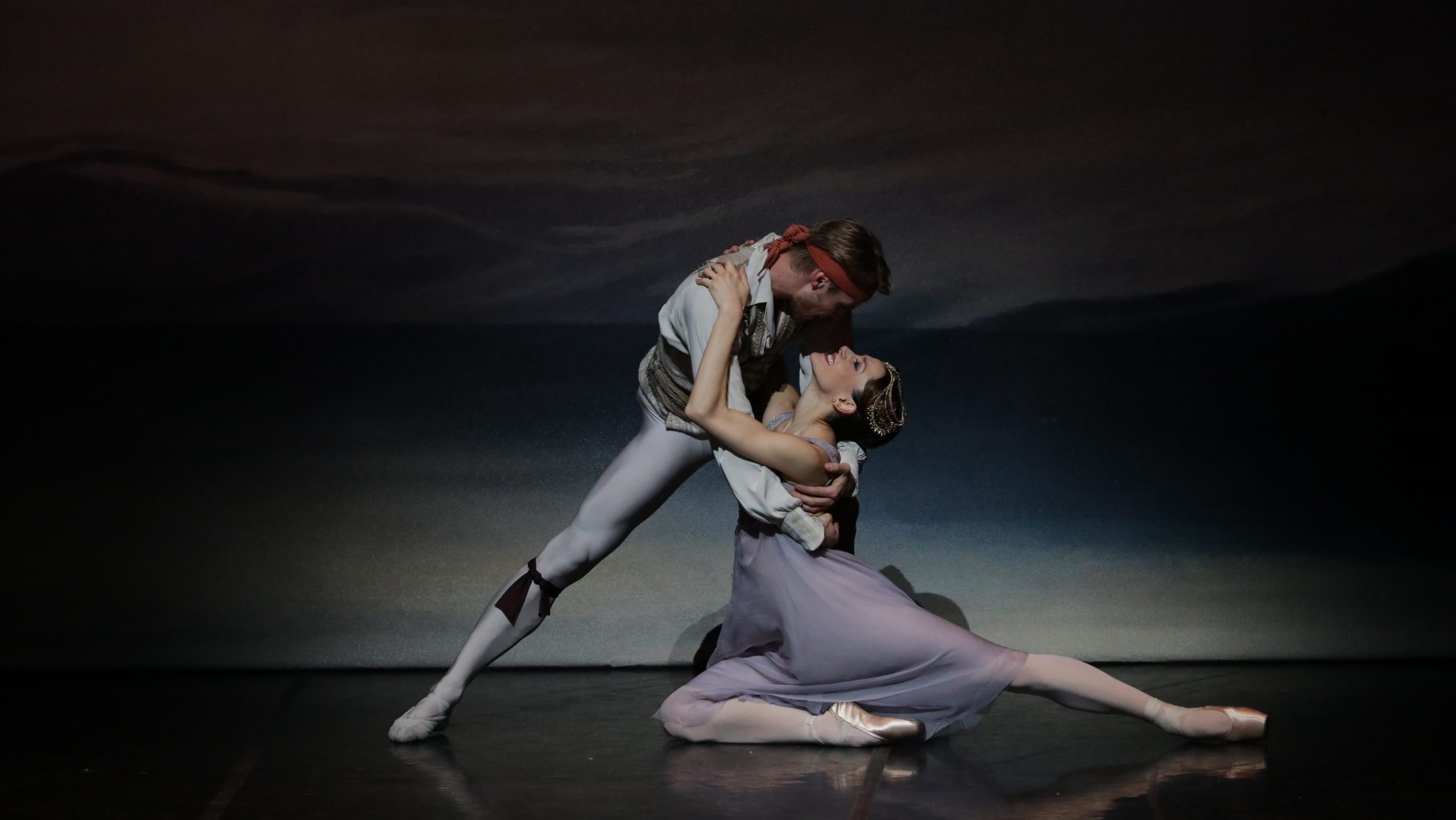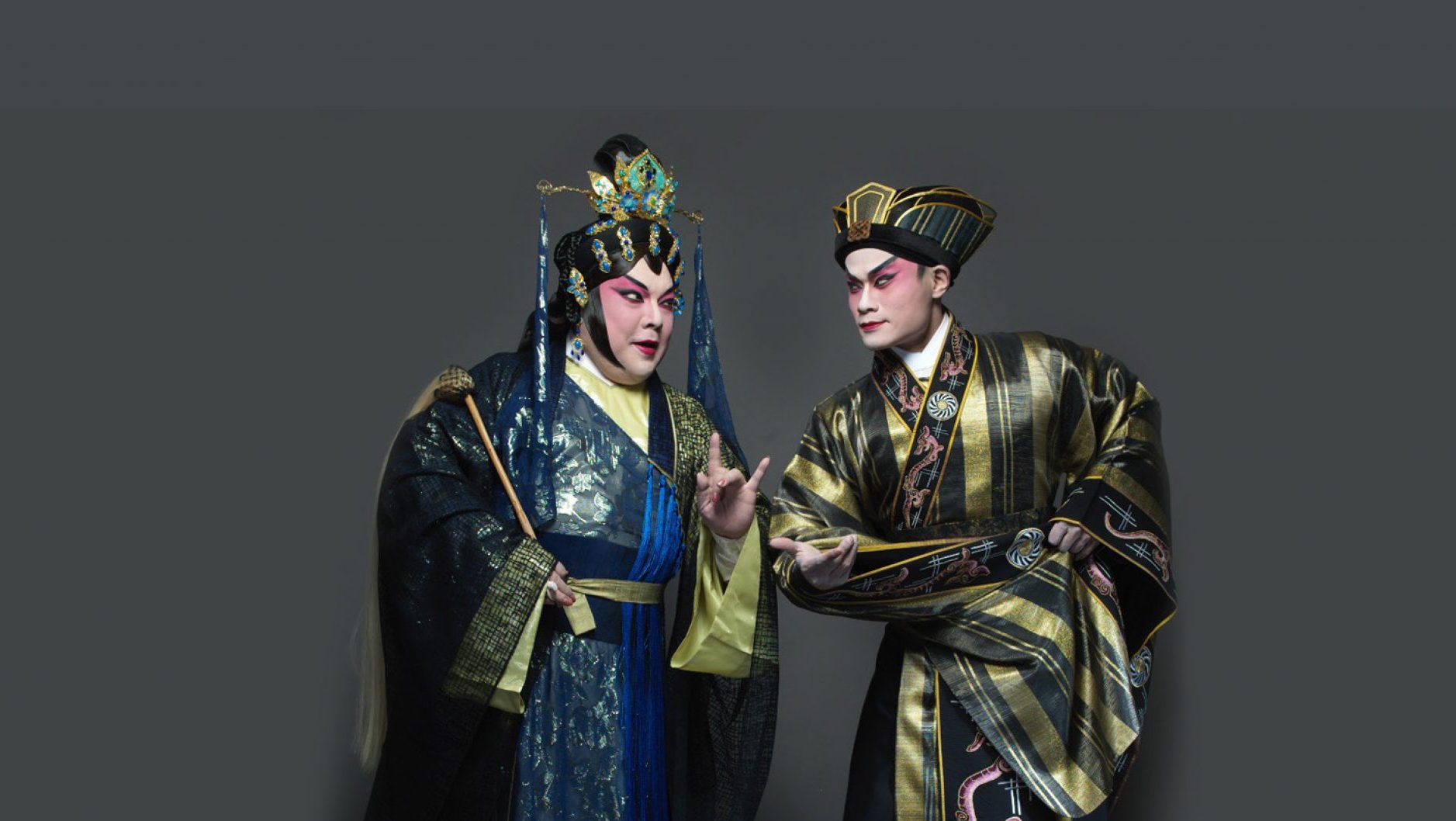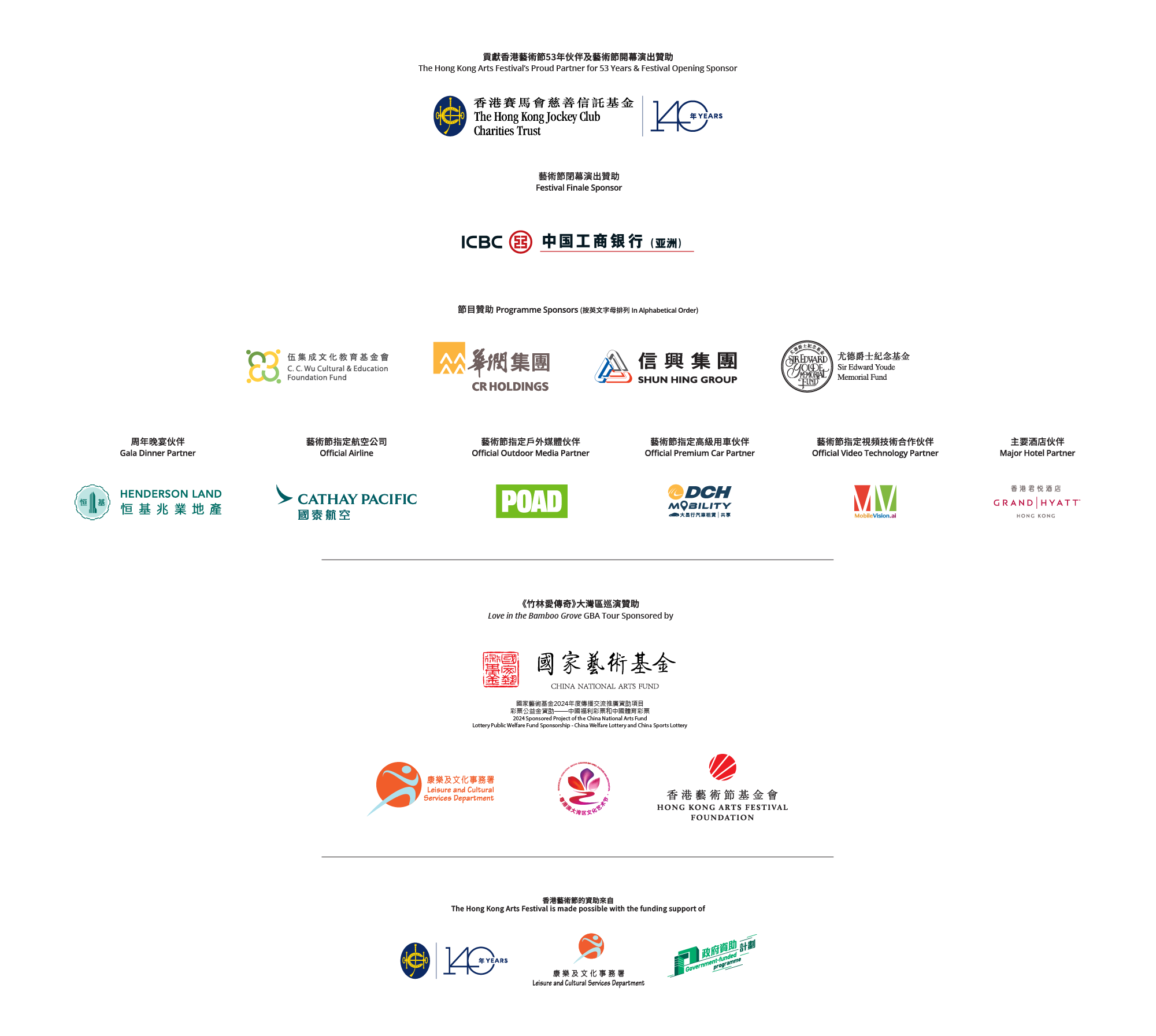Khon is a traditional form of performing arts that originated in the royal courts of Thailand, and is characterised by performers wearing intricate masks and elaborate costumes. But can a modern twist be put on this graceful art form which is now more than 700 years old?
This was one of the questions that Thai dancer and choreographer Pichet Klunchun considered as he spent two decades researching and studying khon. What emerged was the performance titled NO.60, which seamlessly blends the conventional dance with contemporary elements in a celebration of artistic freedom and creativity. Hong Kong audiences have a chance to experience Pichet's combination of tradition and innovation when NO.60 comes to the 2024 HKAF.
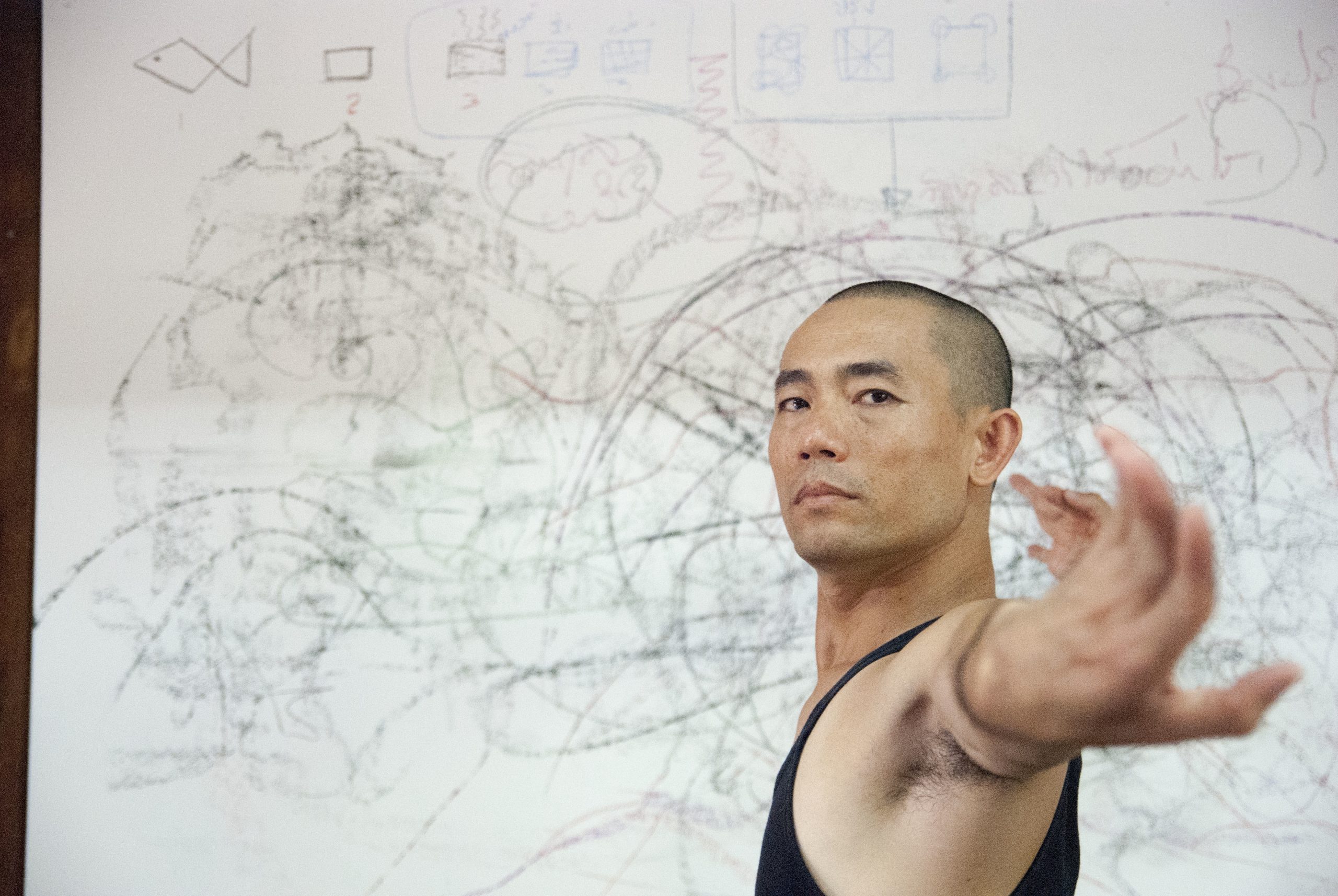
NO.60 is built on the 59 poses and movements in the Theppanom canon that every classical Thai classical dancer must master through rote learning. Pichet came to believe that the traditional system limited dancers' creativity, and attempted to explore a potential 60th pose as a way to liberate Thai classical dance from its ancient restrictions. NO.60 encompasses six elements derived from Pichet's deconstruction of the poses and movements in the Theppanom canon—such as the way the knees are bent, or the way the arms and hands are curved—which were used as guidelines for creating new movements.
At the heart of NO.60 is an emphasis on freedom, innovation and exploration of movement unencumbered by traditional constraints. With the traditional attire of khon removed, NO.60 showcases Pichet's philosophy of relativity and fluidity. Pichet and his dance partner began by re-enacting the poses from the hand-drawn sketches of the six elements, then gradually adding new layers and dynamics to create their own versions of the movements.

The title of NO.60 does not refer to a pose or a movement, but is instead an invitation for dancers to explore their unique techniques, bodies and personalities within the realm of their own identity. This innovative approach acknowledges the importance of tradition while paving the way for the transformation and development of Thai classical dance into something new.
Pichet says a lack of awareness about the practical applications of the dance in everyday life has resulted in fewer young people learning the art form. To address this, he emphasises the importance of highlighting khon's adaptability to other fields such as science and physics, while adding that the concept of innovation explored in NO.60 extends beyond khon to other performing arts.
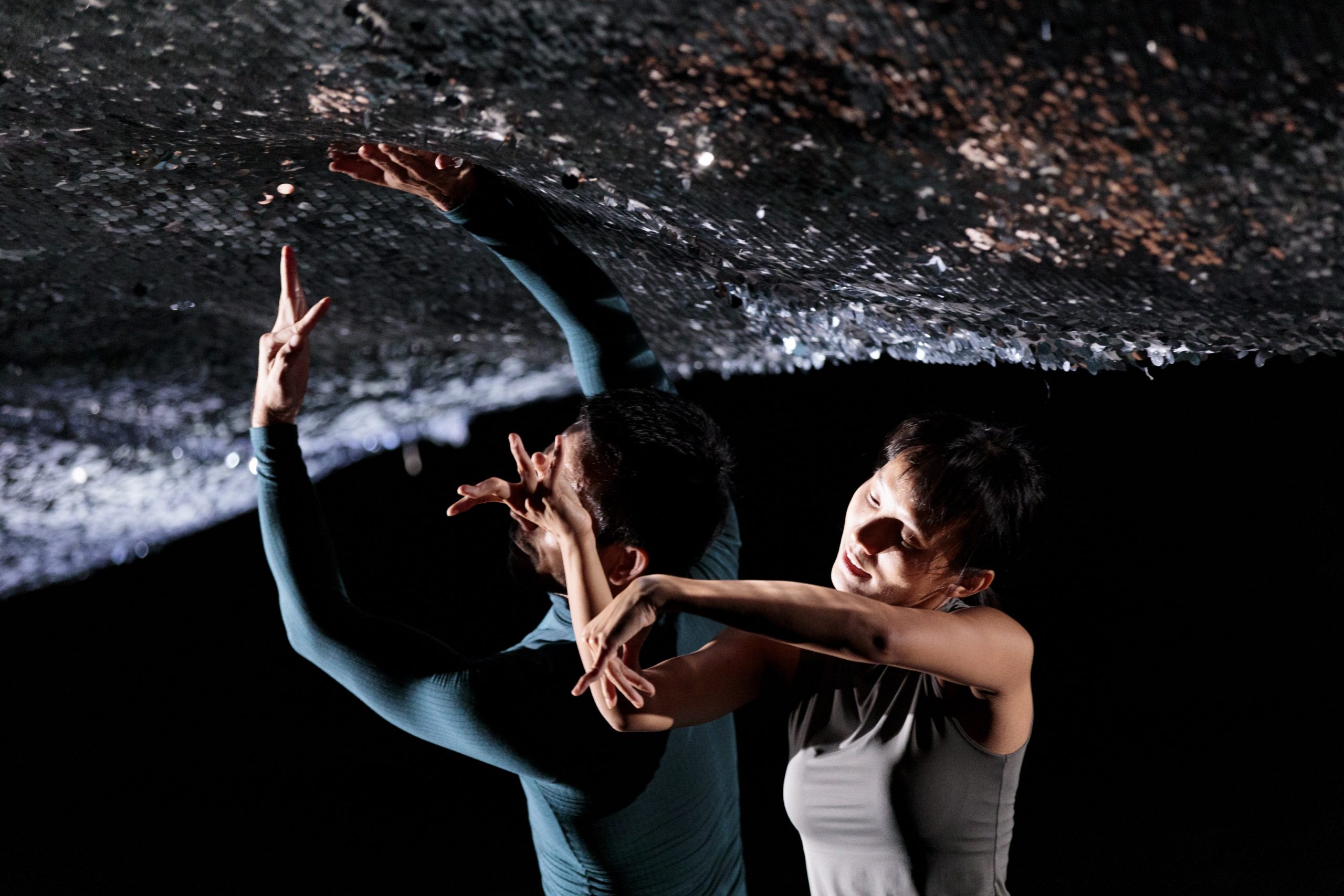
The dancer and choreographer says his latest project involves expanding NO.60 with the use of AI and 3D animations, which aims to foster a deeper connection between Thai classical dance and contemporary audiences by making it more accessible and relatable to a wider range of people.
"The concept behind my work is to make people curious about the original dance and bringing the audience back to tradition," Pichet says. Ultimately, by embracing change while acknowledging tradition, NO.60 provides a fascinating introduction to the world of Thai classical dance, while inspiring the next generation and preserving the dance's cultural legacy for years to come.
NO.60 by Pichet Klunchun Dance Company
Date: 23 Feb, 2024
Venue: Shouson Theatre, Hong Kong Arts Centre
Details: https://www.hk.artsfestival.org/en/programme/NO60_by_Pichet_Klunchun_Dance_Company
